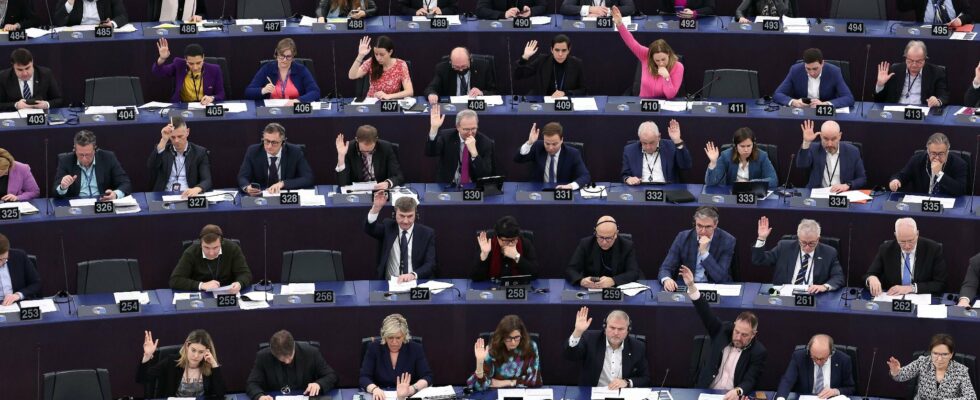Without any real surprise compared to the main polls and the evolution of public opinions in recent months, the European legislative vote of June 9 strengthened the center right, the conservative right and the extreme right. The first two currents, on major international issues, represent a relatively coherent trend: Atlanticist although with strong nuances depending on the country, quite (or even very) Europeanist at the same time, hostile to authoritarian regimes and in particular to Russia since its attack on Ukraine, and generally favorable to Israel on the Middle Eastern scene.
For its part, the extreme right will still not constitute a homogeneous bloc, so deep are its divisions and its diverse natures, nationalist here, separatist there, fascistic elsewhere; Still in terms of foreign policy, the French, Dutch, Swedish, Austrian, Italian and even Polish far-right parties often diverge, particularly on the relationship with Russia and support for Ukraine.
As for the left, especially if we include environmentalist parties and Marxist-inspired groups, they appear just as divided on Ukraine, less on the Middle East. It will be recalled that on the Israeli-Palestinian issue, parliamentarians rarely vote in a clear majority manner, faithfully translating the votes on the three positions “for”, “abstention” and “against” of the chancelleries! The arrival of new radical (if not fanatical) deputies should not change this state of affairs.
But beyond political hazards, we will first recall that in matters of foreign affairs, the Council and the Commission have more considerable levers and prerogatives than those of Parliament. Then and above all, the Europe of the Treaty of Rome of 1957, which extended in spirit that of the Economic Community of Coal and Steel, with the strength of France, Italy, the Federal Republic of Germany (West Germany), and the three Benelux countries, had an essentially economic, industrial, and to a certain extent social and normative vocation. Then would come university (Erasmus) and cultural, even energy, exchanges but much later (the oil shock of 1973 had not illustrated great solidarity between Europeans!) at a time of serious crisis on the geographical continent (Ukraine, 2020).
These three existential threats
But in any case, the DNA of the EU, even after the Single Act of 1986 and the Treaty of Maastricht of 1992 – and despite an article evoking security solidarity – was not intended for politics. . However, many observers unfortunately forget that the political dimension involves the military and collective security. Since 1949, it is NATO, which increasingly follows the contours of the EU, which has played and still plays the role of protector of the continent; since the Russian attack on Ukraine, we have gauged the extent to which the EU is extremely weak not only as such, but also at the level of each of its members, with the (imperfect) British and French exceptions, knowing that the UK is not even a member anymore!
Ukrainian, Israeli-Palestinian, Taiwanese or even Sahelian (climate-migratory) crises: will the new parliament resulting from the 2024 election not have the mission of pushing the executive to influence the union towards more integration, of strategic action, of positioning as a power? Three existential issues threaten Europe: a Russian regime having decided to turn the tables on international relations and which is adopting an increasingly hawkish posture; a revanchist Chinese regime (from the century of humiliations), economically and militarily increasingly aggressive, and an Islamist nebula spearheaded by the fanatical Muslim Brotherhood allied with the “useful idiots” of the extreme left.
Let us add the specter of the return to the White House in 2025 of a Trump whose unpredictability is already legendary and which Europe, at best, is indifferent, at worst, exasperates. If it wants to perpetuate its influence and its safeguarding capabilities, the EU can no longer be satisfied with “sweet trade” and a societal and institutional model that is increasingly criticized anyway; it must assume political and strategic power. With a majority favorable to this salutary prospect, the parliament resulting from this election should get down to it. This may be the last window of opportunity.
.
